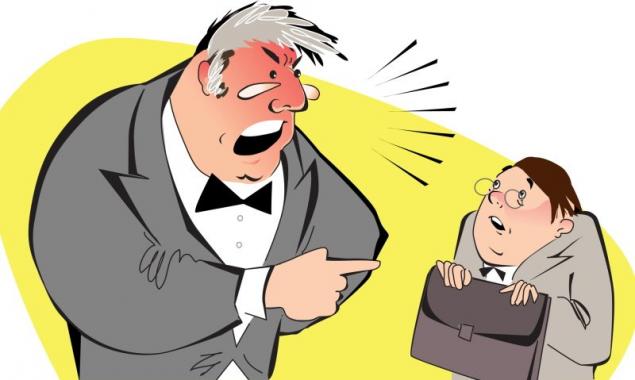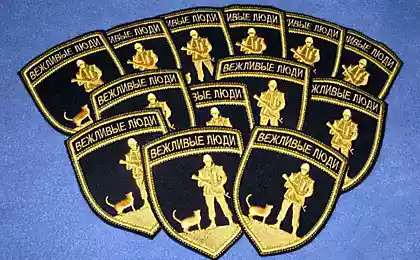179
List of polite words needed
Well-bred children often use polite words in conversation. This is very nice to hear from the outside, and parents in such moments can certainly be proud of their educational work.
Of course, words like “thank you” or “sorry” are important, because they must be present in the speech of every educated person, but the abuse of these and other words is harmful to the speaker, reducing the number of people who speak. sense of importance in front of the interlocutor.

Using ossified patterns in communication, a person with normal self-esteem can devalue himself. And all because of the excessive use of words and expressions that are polite, but demonstrate a person’s disdain for himself. In this case, respect from the interlocutor can not dream. What are those words?

Social importance of the person It plays a huge role for him. Everyone wants to be important and valuable, wants their opinion to be considered, and needs to be listened to. However, until such a person learns to respect himself and stops in any conversation to position himself below the interlocutor, the chances of success will be extremely small.
Of course, words like “thank you” or “sorry” are important, because they must be present in the speech of every educated person, but the abuse of these and other words is harmful to the speaker, reducing the number of people who speak. sense of importance in front of the interlocutor.

Using ossified patterns in communication, a person with normal self-esteem can devalue himself. And all because of the excessive use of words and expressions that are polite, but demonstrate a person’s disdain for himself. In this case, respect from the interlocutor can not dream. What are those words?

- "Maybe."
This word is abused by many, and in vain. “May” and “cannot” are used by adults to allow or prohibit a child. It all depends on the verdict of the adult who gives or does not give permission. Transferring the same model of unequal relations into adulthood, a person as if puts himself below the interlocutor, tries on the role of a child. And if a person asks the waiter “Can I have a menu?”, then he looks uncertain and mediocre. But the calmly uttered phrase “Bring me a menu” in this case looks much more profitable and confident, emphasizes that a person knows what he wants from life.
- "Am I disturbing you?"
With this phrase, we want to show respect for the interlocutor. However, this is unlikely to give the desired effect, because in this way the speaker reduces his own importance, puts himself lower. People value respect from those who are at least equal to them. Therefore, the polite “I’m not interrupting?” or “I’m not distracting you?” should be replaced with something more confident and energetic, for example, “I’m going in?”.
- "Thank you."
How often do we say that word? The problem is that some people can say thank you ten times in a conversation. Can a confident person behave like this? Hardly. And if to the comment of the head to respond hastily: "Sorry, I made a mistake." Thank you for your comment. I'll do it now. Thanks. Sorry, it will look fussy and even pathetic. It is unlikely that such an employee will be a real contender for a significant position if he criticizes himself because of a mistake and so vehemently defends himself before others.
- "Would you mind ..."
The insidious particle “not” subconsciously sets a person up to refuse the offer, and therefore it is impossible to build a request in this way. The speaker seems to agree with the refusal in advance, but still hopes for the mercy of the interlocutor that he will condescend to agree. Therefore, it is better to do without "not".
- "I really liked it."
Using these words, a person wants to sincerely express his admiration, but in such an old phrase, personal opinion is not visible at all. Most likely, the interlocutor will perceive such an assessment as a superficial, non-specific judgment. And the speaker looks like someone who is easy to impress. Better to make the praise (if deserved) more specific: "It was an inspiring performance" or "It suited me." Replace the usual word with the one that best reflects your opinion. So the praise itself will be more valuable.
Social importance of the person It plays a huge role for him. Everyone wants to be important and valuable, wants their opinion to be considered, and needs to be listened to. However, until such a person learns to respect himself and stops in any conversation to position himself below the interlocutor, the chances of success will be extremely small.




























